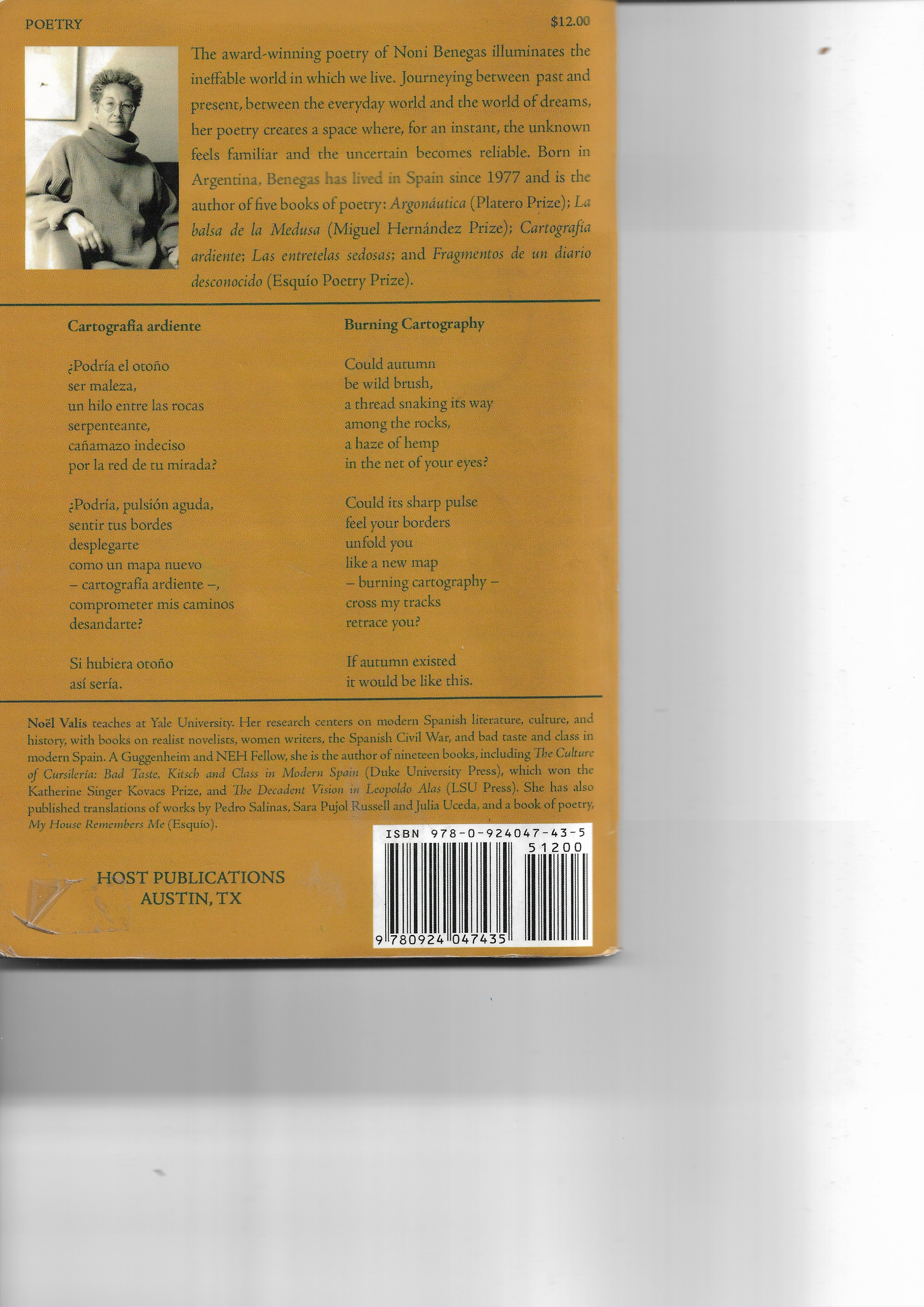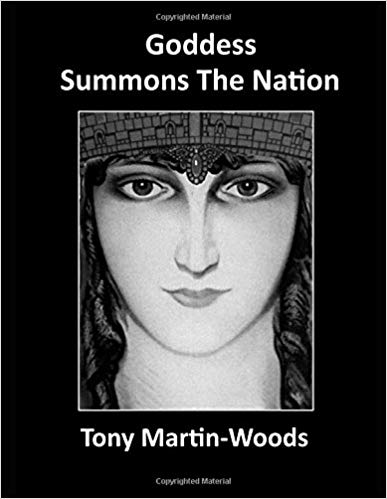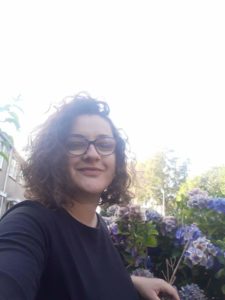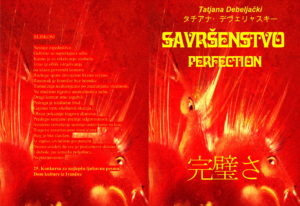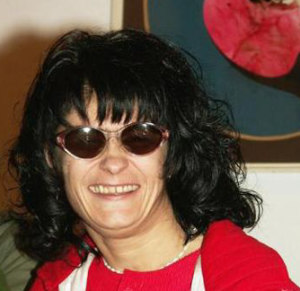Editors Note: this piece is an extract and translation from the larger work of Valle Tietar a volume of poetry written in Spanish – here we can only provide a taste & glimpse of its originality, a work in defence of fauna & flora & to those for whome the Spanish tongue is available, where the book may be purchased, if so desired. www.elsastredeapollinaire.com

-
Cast: Representatives and Chorus
To the people of Pain and to all peoples in the world
Today the SAP nation restores its lost and long-desired sovereignty, after centuries of trying in vain to coexist with the Spanish Sapiens
-
Apiens Apiens Apiens
The SAP nation, its languages and cultures have a most ancient history. For millennia it has exercised self-government in fullness, with the Stone being the highest expression of historical rights. During periods of freedom, granite gneiss has been,the column where our non-institutions were crystallized
-
Llized Llized Llized
Justice and individual and collective non-human rights are the basis for the constitution of the SAP REPUBLIC
Since the times of the Copious Mounts, the SAP policy has played a key role with an exemplary, loyal and democratic attitude
-
Ude Ude Ude
and with a deep sense of non-State
This allegiance has been met with the denial of recognition to the SAP and with a slave driver and herbicide discrimination. Millions of creatures, millions of creatures were and are tortured and killed
The non-human citizenship Statute could be a new stable and lasting framework for a bilateral relation between SAP and PAIN. But it is an agreement again and again broken by the Spanish Sapiens
-
Apiens Apiens Apiens
After listening to our non-citizens, the Stone, the Forest and the uncivil society called a referendum. Despite brutal arson fires to prevent it, a majority vote was cast in favour of the constitution of our REPUBLIC
-
Ublic Ublic Ublic
And NOW we, democratic representatives of the non-people, freely exercising our right to self-government and complying with the mandate granted by the non-citizens
WE CONSTITUTE the REPUBLIC of the SAP, as an independent and sovereign non -State, constitutional, democratic and antisocial
WE START the greening process
WE URGE the supra and subterranean international community, infernos and supernos, to intervene to stop the violation of law in progress and to witness the process still under negotiation
WE APPEAL to non-States and to human organizations to recognize our Republic
-
Ublic Ublic Ublic
WE URGE the Stone to adopt any necessary measures to implement this Declaration
WE APPEAL to each one of the non-citizens to make us worthy of the freedom we grant ourselves and to build a non-State that translates our collective desires into flight and whirlwind!
We, the Legitimate Representatives of the No People (signatures)
In Tietar Valley, on the 11th Maw (former October), 2033.
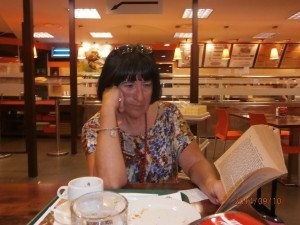
Amparo Arrospide (Argentina) is a Spanish poet and translator. She has published seven poetry collections, Mosaicos bajo la hiedra, Alucinación en dos actos algunos poemas, Pañuelos de usar y tirar, Presencia en el Misterio, En el Oido del Viento, Hormigas en Diáspora and Jaccuzzi, as well as poems, short stories and articles on literary and film criticism in anthologies and in both national and foreign magazines.
She has received numerous awards. Editor’s Note: see also Poetry, National Literature Prize 2018, Francisca Aguirre, Translated from Spanish by Amparo Arróspide & Robin Ouzman Hislop
Robin Ouzman Hislop is Editor of Poetry Life and Times ; his publications include
All the Babble of the Souk , Cartoon Molecules and Next Arrivals, collected poems, as well as translation of Guadalupe Grande´s La llave de niebla, as Key of Mist and the recently published Tesserae , a translation of Carmen Crespo´s Teselas.
You may visit Aquillrelle.com/Author Robin Ouzman Hislop about author. See Robin performing his work Performance (University of Leeds)
